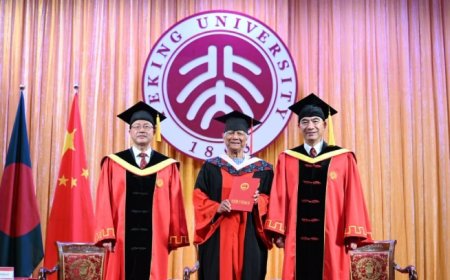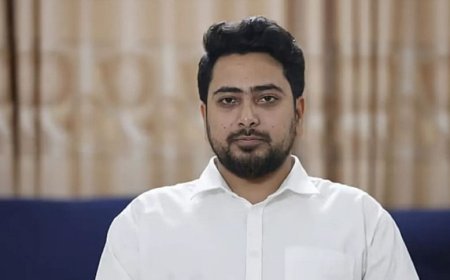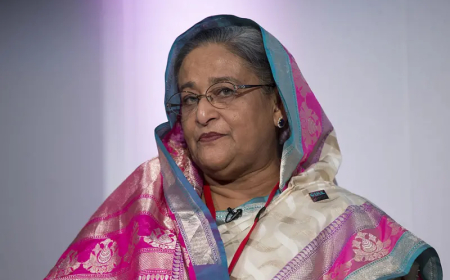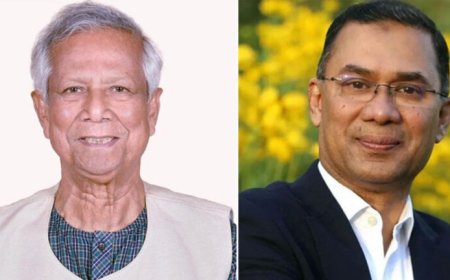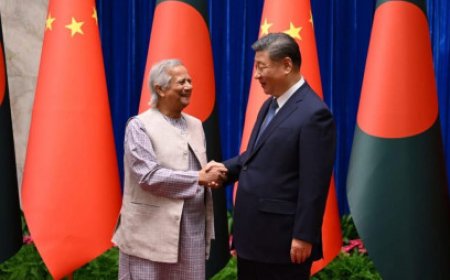Democracy sans opposition: Is Maharashtra already the BJP's 'shat pratishat' dream lab?
Uddhav Thackeray's Shiv Sena (UBT) and Sharad Pawar's NCP (SP) recently chose to praise CM Devendra Fadnavis after an unprecedented scale of bitterness over the past five years.
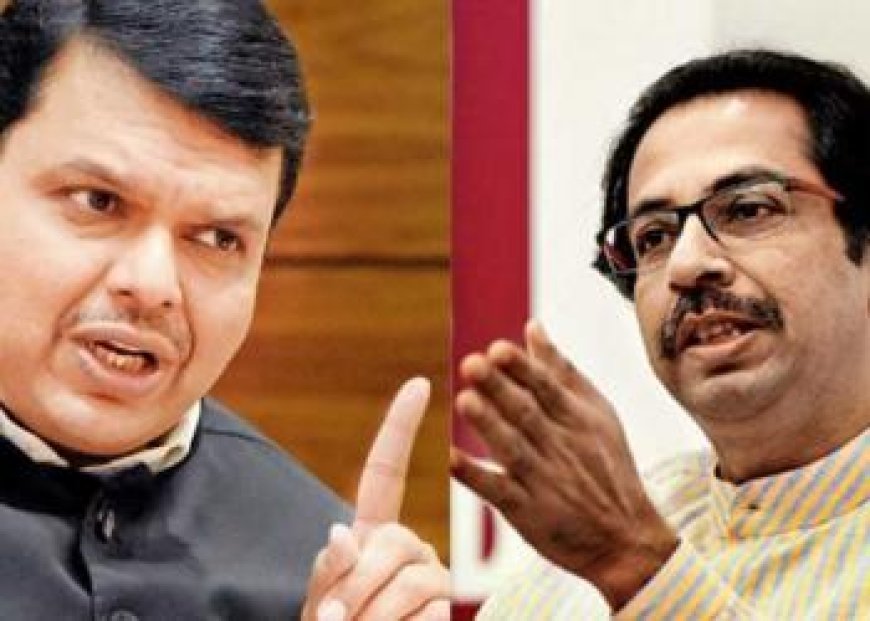
The seemingly decisive turn Indian politics has taken since 2014 may have reached a major milestone in Maharashtra en route to the ultimate destination of a Hindu Rashtra characterised by an elected autocracy dominated by a single party.
The apparent surrender by two of the three major Opposition parties in the state to the authority of Chief Minister Devendra Fadnavis may well have signalled a death-knell for the institution of the Opposition, without which democracy is reduced to a farce.
Uddhav Thackeray's Shiv Sena (UBT) and Sharad Pawar's NCP (SP) recently chose to praise Chief Minister Devendra Fadnavis after an unprecedented scale of bitterness over the past five years, something that was at complete variance with Maharashtra's mature political culture.
The two parties were, and still are, part of the Maha Vikas Aghadi (MVA) alliance that had fought pitched Lok Sabha and Vidhan Sabha battles recently with the BJP-led Mahayuti alliance that included the Shiv Sena led by ex-CM and current Deputy CM Eknath Shinde and NCP led by Ajit Pawar, the ex- and current DyCM.
Interestingly, both the parties have a common theme in their Fadnavis praise -- a compliment for his resolve to turn Left-wing extremism-affected Gadchiroli into a steel city.
While opposition to Left-wing extremism may well have served as an incontestable point of agreement between both the ruling and Opposition parties, turning the iron ore-rich district into a steel city doesn't quite square up with the positions of the two Opposition parties. In particular of the SS (UBT) since it stands in sharp contrast to their commitment to the protection of the environment.
About 70 percent of Gadchiroli district is covered with forest and its share in Maharashtra's total forest cover is an astounding 21 percent.
Clearly, converting Gadchiroli into a steel city can't be without paying a heavy price in terms of unprecedented damage to the district's and, in turn, state's forests and environment.
Earlier, Uddhav Thackeray and son Aditya had personally greeted Fadnavis at Nagpur during the winter session of the state Assembly. Aditya has since met Fadnavis two more times purportedly to discuss some issues of public importance.
The exhibition of bonhomie after all the name-calling in the previous five years underlines that the Thackerays are in rapprochement mode.
Both the SS (UBT) and NCP (SP) can't say that they are not aware of the environmental cost of Fadnavis' steel city resolve. So, their initiative to praise Fadnavis is just an excuse to warm up to him in the aftermath of their being reduced to virtual non-entities in the recently concluded state Assembly polls, where they won just 20 and eight seats, respectively.
This is all the more true of the SS (UBT) that had consistently taken a position against the proposed atomic energy project in Jaitapur and a chemical refinery proposed at Nanar in Konkan region, and the metro car shed proposed in Mumbai's Aarey forest.
It can't be their case that while the above three projects can't be allowed, Gadchiroli's tribal culture and environment can be guillotined.
The two parties' praise for Fadnavis clearly is a meek surrender, tactical or otherwise, aimed at saving the remaining political grace and capital the two parties are left with in state politics.
While that may be required to be done to remain afloat in the midst of the political typhoon ushered in by the BJP that seems set to rule the state with an iron fist, it also helps the BJP take its "shat-pratishat Bhajapa" (100 percent BJP) plan, a euphemism for a single-party system, to the next level.
It also helps effectively stem the strengthening of secular politics in Maharashtra by the SS (UBT)'s joining hands with the NCP (SP) and Congress.
The three had just a few months ago dealt the BJP its most severe blow ever in the Lok Sabha elections, reducing it to just nine seats, and 17 along with its alliance partners SS (Shinde) and NCP (Ajit Pawar).
At a time when progressive social and political forces in Maharashtra appeared set to powerfully challenge the dangerous march of the BJP's communal politics in the state, it would be interesting to see if the SS (UBT) is forced to return to strident Hindutva to reclaim its lost electoral territory following the Assembly elections.
The party is reportedly already under immense pressure from loyal leaders and cadres to return to its Hindutva roots.
If the party does return to its roots, it will not only be bad for Maharashtra but also for the party itself since such a turnaround could well prove useless to say the least because the BJP has already moved into the Hindutva space vacated by it and there is little left there for the SS (UBT) to reclaim.
In fact, the SS (UBT) needs to realise that the BJP's politics in Maharashtra in the last about a decade has been to dethrone the Shiv Sena from the high pedestal of Hindutva in the state and corner the entire Hindutva space.
Thackeray needs to understand -- and maybe he actually does -- that any warming up to the BJP now will not dissuade it from going for the kill.
The same goes for the NCP (SP), which stands to gain little in terms of keeping its separate identity as a progressive secular party alive.
Some of the NCP (SP)'s top leaders are worried that their sugar and other empires will come under the scanner of investigative agencies and put their entire political career in jeopardy.
Already, there are rumblings within the NCP (SP) about the possibility of a merger with the Ajit Pawar group.
Along with the Congress, which has won only 16 seats in the Assembly polls, the two have a strength of only 44 seats in the 288-seat House, which looks pathetically inadequate to handle the BJP's killer intent.
With the next five years to live under the BJP in the state as well as Centre, the SS (UBT) and NCP (SP) can only hope, not stay assured, that they will be spared.
The BJP, which has the ambition to turn Indian politics into a "100 percent BJP" arena, is least unlikely to let go of this golden opportunity to turn Maharashtra into the first demonstrative model of that all-India project.
In fact, with virtually no Opposition left in the state, that model may well have already been ushered in.
